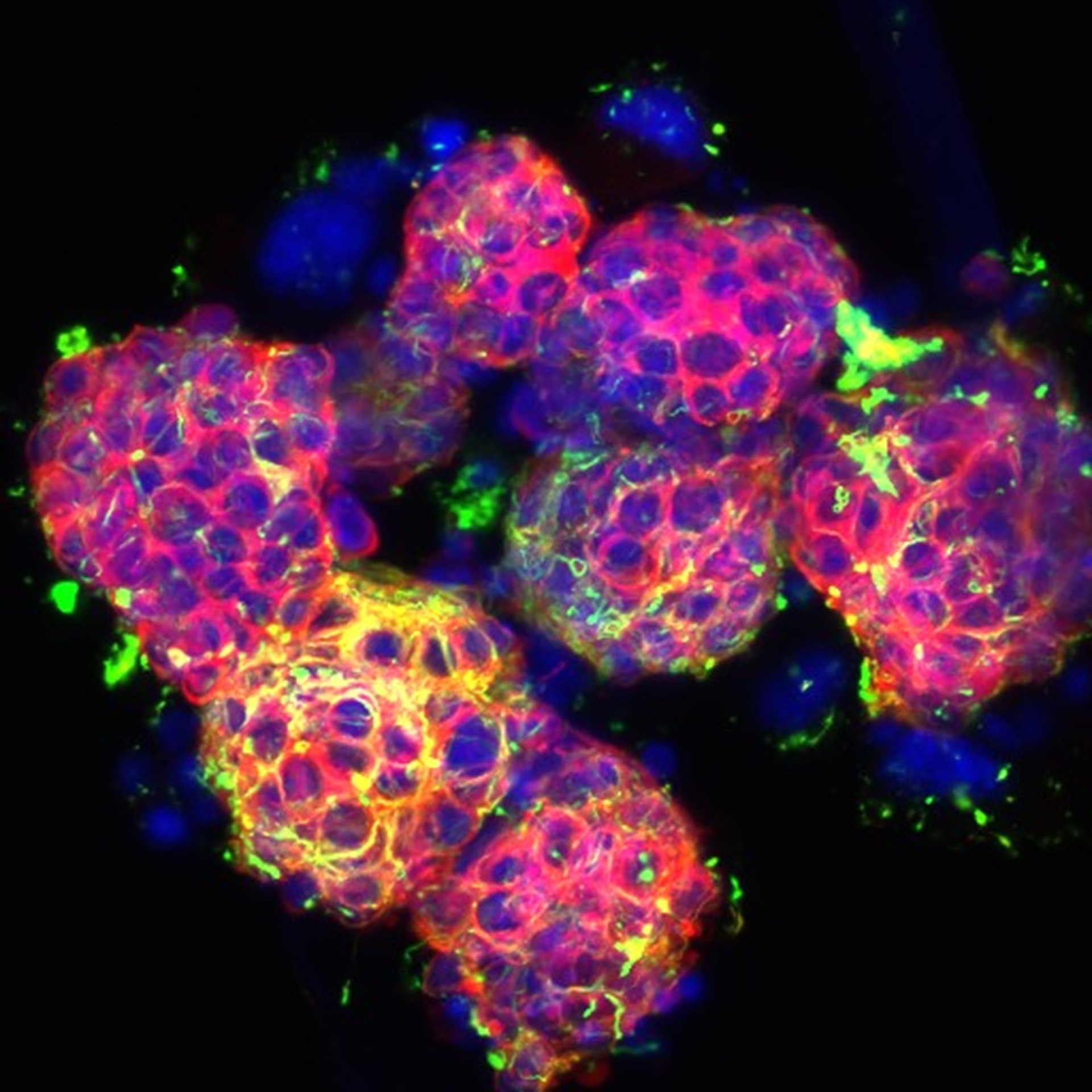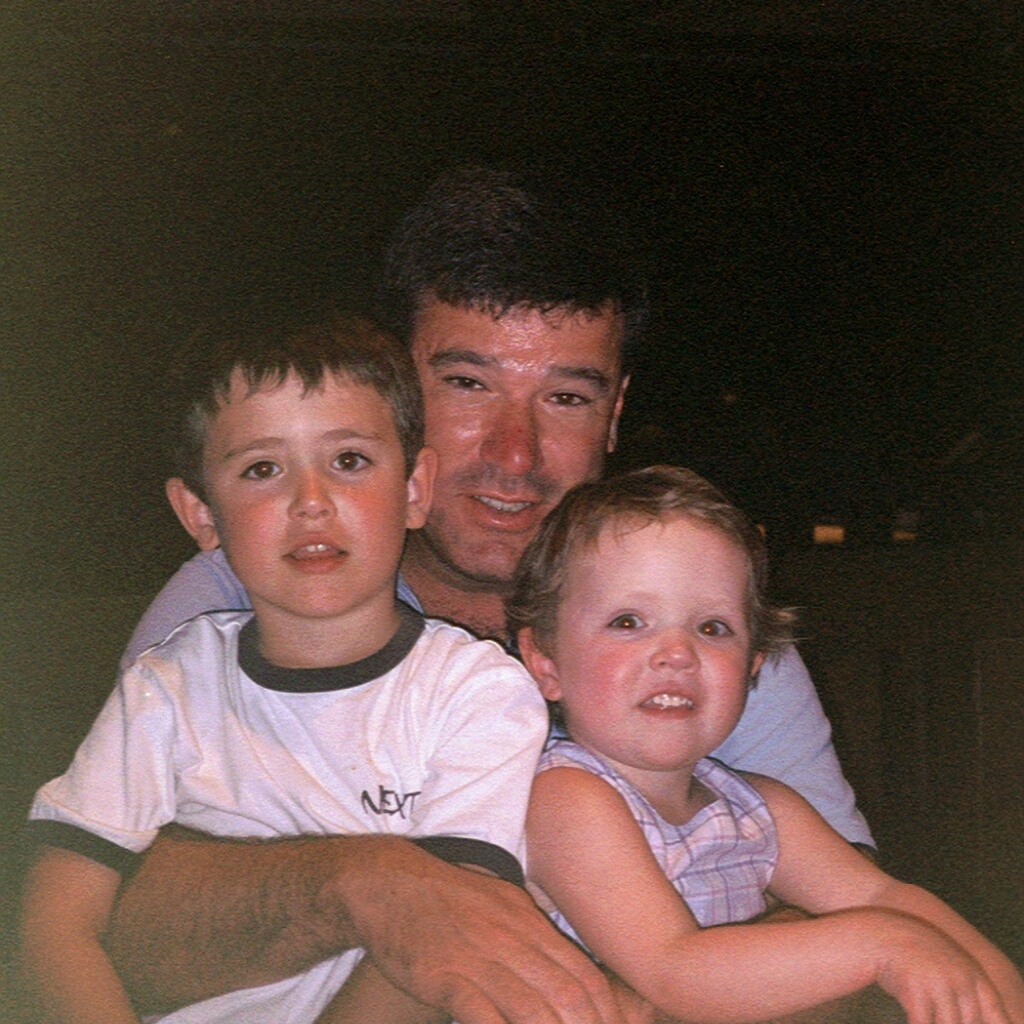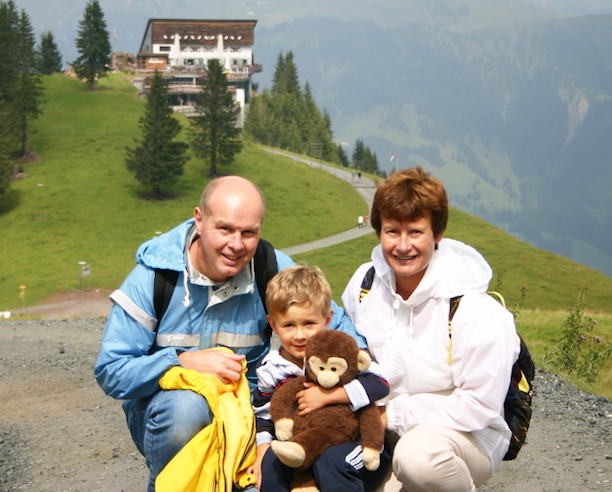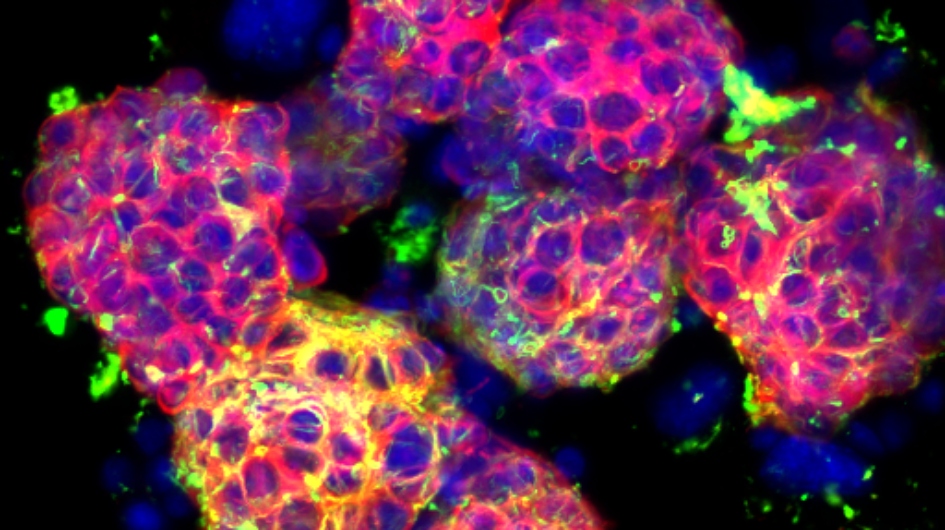Rider McDowell’s son Errol was diagnosed with medulloblastoma, a fast-growing malignant brain tumour, when he was 12. Despite six years of intensive treatment, Errol passed away in 2018. Before he died, Errol was committed to raising money to fund more research into childhood cancer – and today, his younger brothers, Mac and Piers, continue his legacy, hoping to raise £1m for cancer research in the UK.
We were living our normal lives at home in California when Errol first began to feel unwell. Mac and Piers were seven years old at the time, so to some degree they were oblivious to what was going on, especially in the early days of Errol’s illness.
About six months before his diagnosis, Errol started complaining of headaches and dizziness, as well as occasional bouts of nausea. These are classic symptoms of a brain tumour, but they were subtle and not overt all the time. Despite visiting several specialists, we were dismissed and felt reassured that there was nothing seriously wrong with him.
However, after six months, as Errol's symptoms worsened, we insisted upon an MRI scan.
‘Errol’s diagnosis was the worst moment of our lives’
Immediately after the scan, I was called in to see the radiologist. I went alone with Errol as my wife was looking after the younger boys. The doctor confirmed our worst suspicions. I asked about Errol's chances and was told he had "a fighting chance, of course." I remember calling my wife to tell her the news and she thought it was some sort of bad joke. It was our darkest moment.
The following day, Errol was rushed into surgery at Lucille Packard's Children’s Hospital in Palo Alto, California. It was just a few days before his 13th birthday in 2013. It was a gruelling operation, as the tumour was a hair’s breadth from his brainstem, but in the end it was successfully removed. The initial prognosis was that the tumour was benign, but pathology revealed it to be a malignant grade of medulloblastoma. Nevertheless, Errol's prognosis was good, with an 85 per cent "cure" rate after conventional treatment.
Over the months that followed, Errol endured the most gruelling and brutal treatments. We commuted to the hospital, two hours from our home, first for radiation therapy and then for six months of chemotherapy. The treatments were harsh and it was hard to watch Errol go through them. But he was a tough kid and never once complained.
Mac and Piers were seven years old and Errol’s illness was hard for them to understand. They saw the sadness in the house, and no doubt they sensed the fear, but I don’t think they could really comprehend the seriousness of it all at this point.
What struck us was how little was known about paediatric brain cancer and paediatric cancers in general. We were shocked at how little was being invested in terms of resources, time and research. We felt as though we were forging new ground, finding research and exploring new treatment options for Errol.
When Errol’s treatment ended, he was monitored with regular scans. A year after his original diagnosis, we received the terrifying news that his cancer was back. It was devastating. We knew from talking to the doctors, that if Errol's cancer recurred, survival rates were dramatically lower.
Errol had the new cancer growth removed, and rather than yielding to statistics, my wife and I were galvanised to take action. We found a targeted immunotherapy clinical trial at the University of Florida, which included a gruelling stem cell transplant. My wife and I spent five months in Florida with Errol, taking turns to look after Piers and Mac in California. When I could, I travelled the world interviewing cancer researchers in person, while diving into the internet researching any nascent cancer treatment, no matter how far-fetched. More than once I found myself in the company of charlatans or doctors with fanciful protocols of little or no value.
‘We will miss him forever’
Amazingly, Errol's stem cell transplant appeared to be working and life returned to normal to some extent. Errol lived cancer-free for three more years. Then, in 2018, the medulloblastoma returned, this time with a vengeance. We resumed our desperate fight, but Errol's beautiful body began to fade away. He passed away in our arms at home in Pebble Beach, California on 13 June 2018. We will miss him forever.
Errol was a brilliant and courageous boy. He was willing to undergo any possible treatment in a bid to survive and to advance the cause. Knowing that paediatric cancer researchers spent so much of their day writing grant applications for limited funding for their work, he conceived of a fundraiser to benefit these same researchers. He conspired with his brothers, Mac and Piers, and they came up with the name Canceragogo.com. Their idea was to raise just $1 from every American. To accomplish this, they came up with a reusable plastic card, roughly the size of a credit card, that could be distributed to the public and passed on from one person to another. On the card were details of how to make a donation. My family covers all administration fees.
‘Cancer research is the only way to find a cure’
With the precious time he had left, Errol worked to raise awareness of Canceragogo.com and used his initiative to gain as much exposure as possible. He contacted a hero of his, American YouTube influencer Casey Neistat, who embraced Errol’s idea and helped spread the word. This alone helped to raise several hundred thousand dollars and led to subsequent publicity from national TV and media outlets, raising close to $1m for this valuable cause.
Since Errol's death, the project has become even more important to his younger brothers, Mac and Piers, who go to school in the UK. They have continued to promote Errol's vision. Here, schedule permitting, they distribute a UK version of the Canceragogo cards around London, asking for donations of £1 each. Thus far they've raised around £15,000 in the UK but hope to match their success in the USA. They know it's a numbers game, so their ambition is to have Canceragogo.com cards distributed at every major sporting event and concert in Britain. Like their brother, they recognise that funding cancer research is the only path to a cure.
The funds raised will support a number of cancer research charities, among them the Institute of Cancer Research, and in particular Professor Louis Chesler’s lab, which aims to understand the biology of children’s cancers and use that information to discover and develop new personalised approaches to cancer treatment.
We are world leaders in the study of cancer in children, teenagers and young adults and have made huge strides over the past decade in improving treatment options for children with cancer.
Header image: Rider McDowell



